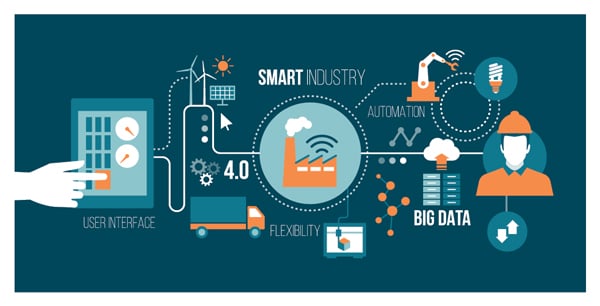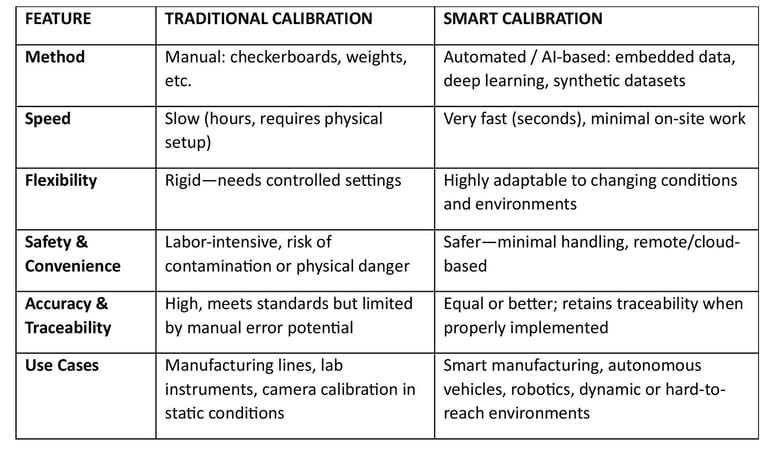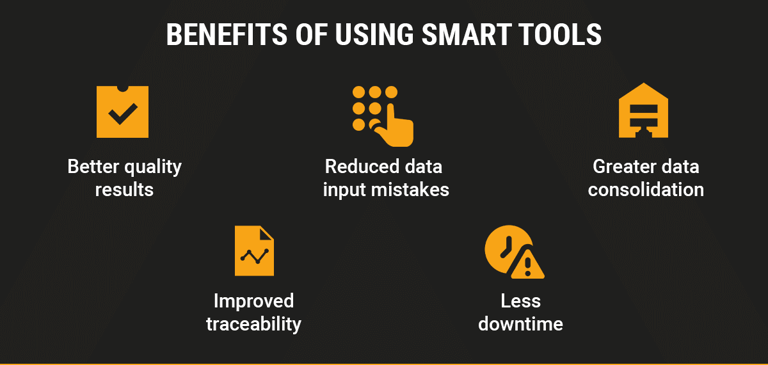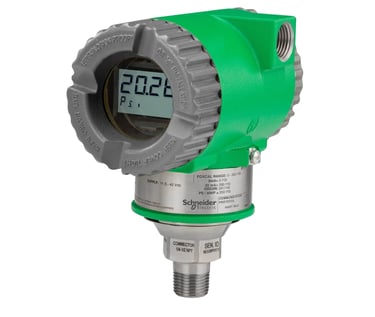Smart Calibration Techniques: Redefining Accuracy in Industrial Automation
Learn how Smart Calibration Techniques enhance accuracy, cut downtime, and improve efficiency in modern industrial automation systems.


INTRODUCTION
In industrial automation, precision is everything. Whether measuring flow, pressure, level, or temperature, even the smallest error can affect product quality, efficiency, and safety. This is where Smart Calibration Techniques come into play—helping industries maintain accuracy, reduce downtime, and improve overall productivity.
WHAT IS SMART CALIBRATION?
Calibration is the process of adjusting instruments to ensure accurate measurement. Traditional calibration methods often require manual intervention, downtime, and frequent recalibration.
Smart Calibration uses advanced microprocessors, diagnostics, and embedded algorithms to automatically maintain accuracy. For example, Foxboro’s technology stores multiple calibration curves inside the transmitter and automatically selects the most accurate one for the operating condition.
KEY BENEFITS OF SMART CALIBRATION TECHNIQUES
Unmatched Accuracy
Continuous self-checks ensure instruments provide precise results across a wide range of conditions.Reduced Downtime
Remote calibration allows adjustments without stopping operations, saving both time and resources.Cost Efficiency
Less frequent manual calibration reduces labour costs and extends instrument life.Predictive Maintenance
Smart sensors detect early issues like electrode coating, pressure drifts, or cable degradation—helping prevent failures.Simplified Compliance
Automated calibration logs make it easier to meet industry standards such as ISO and IEC.
INDUSTRY APPLICATIONS OF SMART CALIBRATION
Smart calibration is widely used in:
Oil & Gas → Reliable pressure and flow transmitters for extreme conditions.
Pharmaceuticals → Accurate pH and conductivity monitoring for strict quality control.
Food & Beverage → Ensuring consistency in flow, temperature, and pressure for safety.
Chemical Processing → High-reliability calibration in corrosive or hazardous environments.
WHY CHOOSE FOXBORO FOR SMART CALIBRATION?
Foxboro instruments are known for accuracy, durability, and innovation. Their S-Series Pressure Transmitters and IMT25 Magnetic Flow Transmitters equipped with FoxCal technology provide:
Industry-leading accuracy
Simple, error-free calibration
Lower lifecycle cost
Reliable performance in harsh environments
FINAL THOUGHTS
Smart Calibration Techniques are transforming process automation by making calibration intelligent, predictive, and cost-effective. With Foxboro’s advanced instruments, industries can achieve higher accuracy, reduce operational costs, and ensure consistent compliance with global standards.






